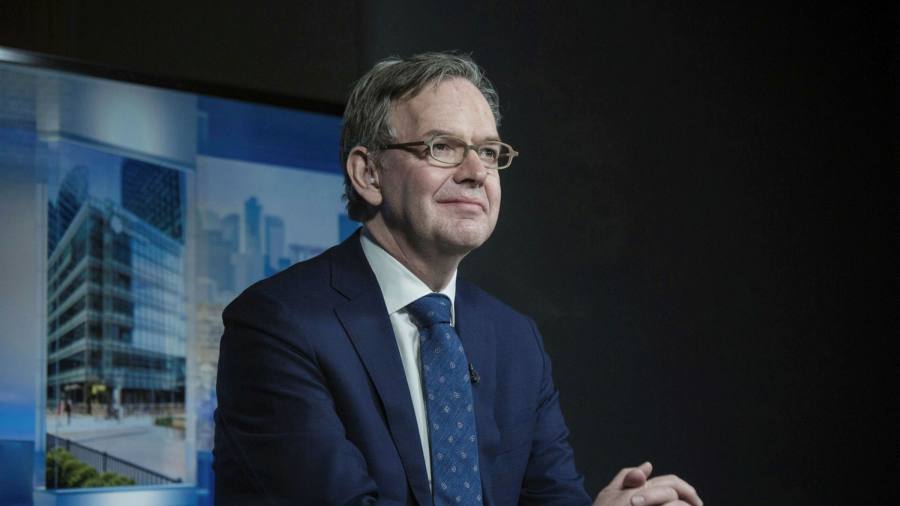[ad_1]
The EU markets watchdog has said it will scrutinise the business models of platforms that have sprung up to offer commission-free trading after the GameStop debacle in the US.
Companies such as Trade Republic in Germany, Bux in the Netherlands, eToro in Israel and Trading 212 in the UK have attracted hundreds of thousands of customers in the EU by offering them a cheaper way to invest in the stock market.Â
These “neo-brokers†aim to undercut the high commissions that European banks often charge retail investors to buy shares. But their business models now face scrutiny after a surge in fee-free day trading in the US stirred up controversy.
One of the key questions surrounds payment for order flow, in which market makers pay brokers to route trades to them. US brokers earned almost $3bn last year from the practice and while it is a much more limited business in Europe, it has begun to attract more attention.
Steven Maijoor, chairman of the European Securities and Markets Authority, told MEPs at a hearing on Tuesday that the zero-commission model of many neo-brokers “deserves scrutinyâ€.
“There is no such thing as a free lunch,†said Maijoor. “Payments for order flow from third parties such as market makers may substitute commissions that are otherwise paid by clients, creating conflicts of interest and resulting in less transparency for retail clients.â€
Esma said in a statement to the Financial Times: “The payment for order flow model is certainly present in the EU but at this stage we don’t have evidence concerning its use by specific entities or type of entities.â€
Ugo Bassi, director of the financial markets directorate at the European Commission, told MEPs that it was also examining this area, adding that EU officials “have already envisaged some areas which we could look at and intervene on if neededâ€.
Bassi said that under EU law, the practice of selling order flow to a market maker would already be banned “in some EU countriesâ€. He added: “We are happy to dig further into the matter to decide whether further measures are required.â€
Robinhood had planned to expand into Europe, but it put the move on hold recently, leaving the field clear for a fast-expanding group of platforms to tap into a similar market in the EU.
Christian Hecker, co-founder of Trade Republic, said it earned money from payments for order flow. But he said the platform, which is reported to have more than 600,000 customers, guaranteed its customers prices in line with the spreads offered by the exchange, Deutsche Börse.
“Trade Republic is certain that the way we are using [payment for order flow] is to the benefit of our customer,†said Hecker.
Sven Giegold, a German MEP, said: “The consumer-friendly image of the neo-brokers darkens when you take a closer look at their business models.†He added: “Almost all of them finance their low fees through a remuneration model known as ‘payment for order flow’.â€
Both Maijoor and Bassi said they thought a repeat of the GameStop “accident†— in which a flood of retail trading triggered a surge in the consoles store chain’s share price and forced losses at several hedge funds — was unlikely to happen in Europe. But they added that the use of social media and chat rooms to drum up for support for a trading idea did raise potential “market manipulation†concerns.
Maijoor also expressed concern about “the use of investment apps combined with a phenomenon known as the gamification of investing, potentially impacting retail investors’ risk awareness and contributing to the popularity of leveraged trading strategiesâ€.
[ad_2]
Source link





